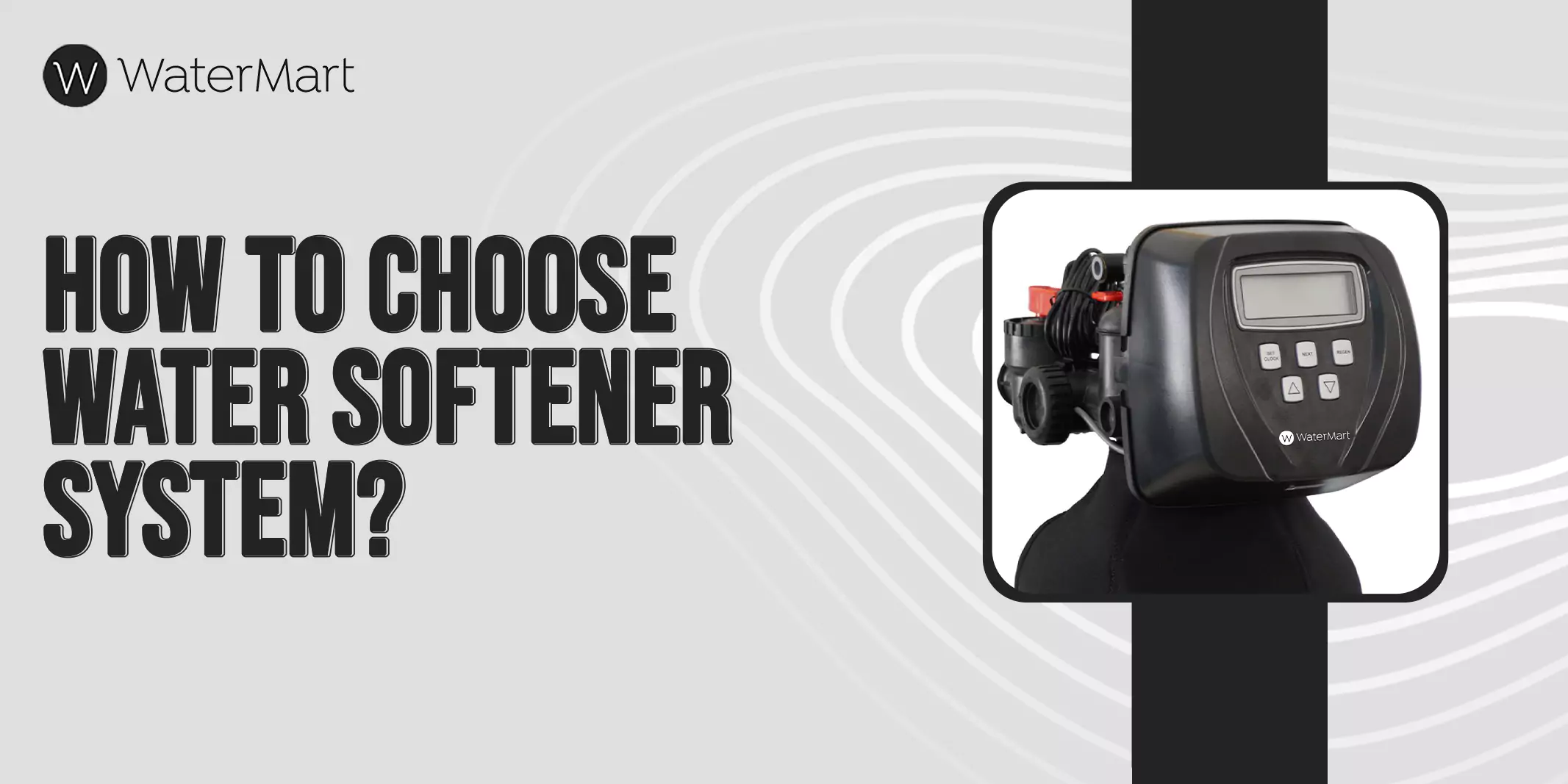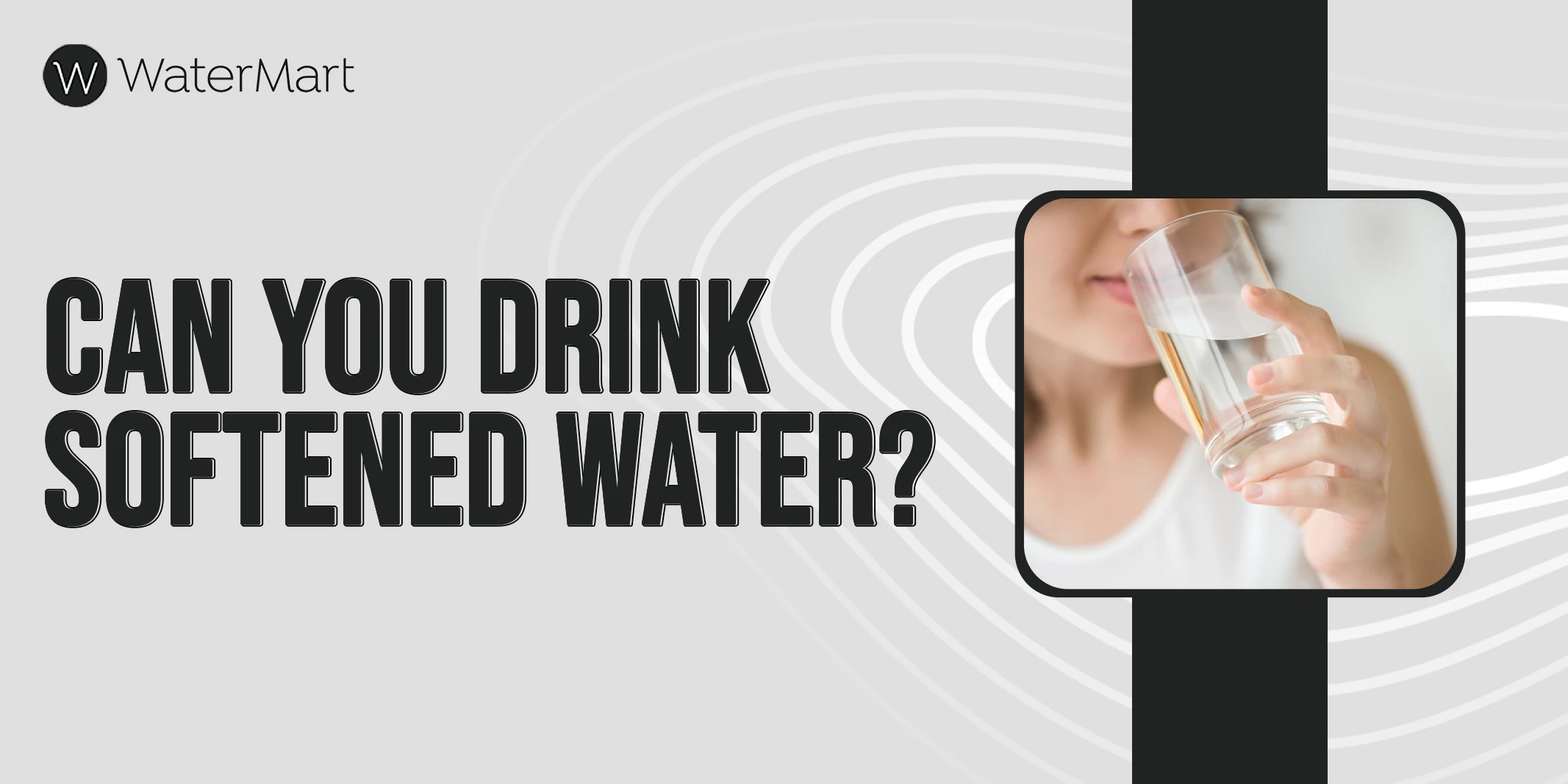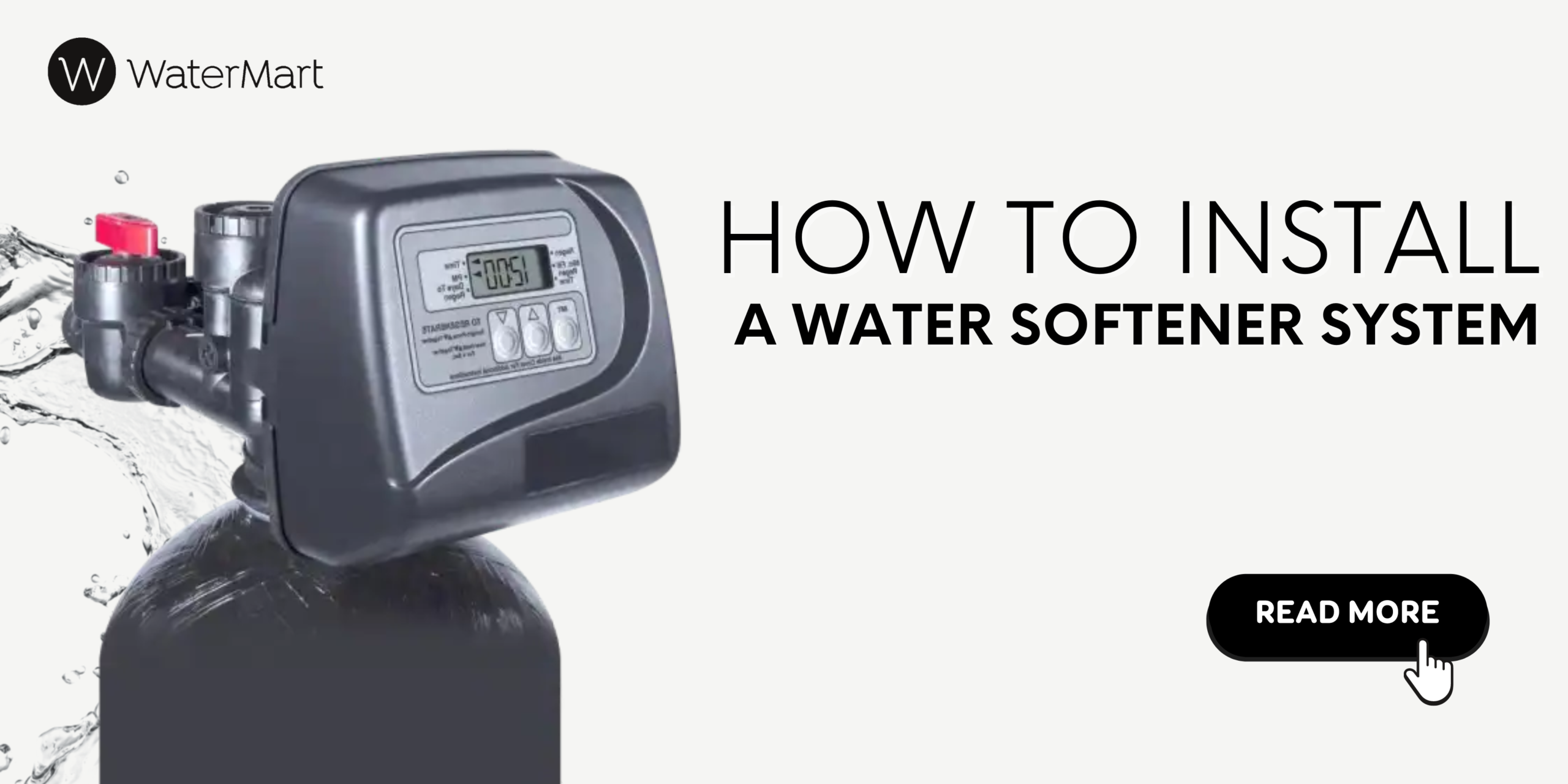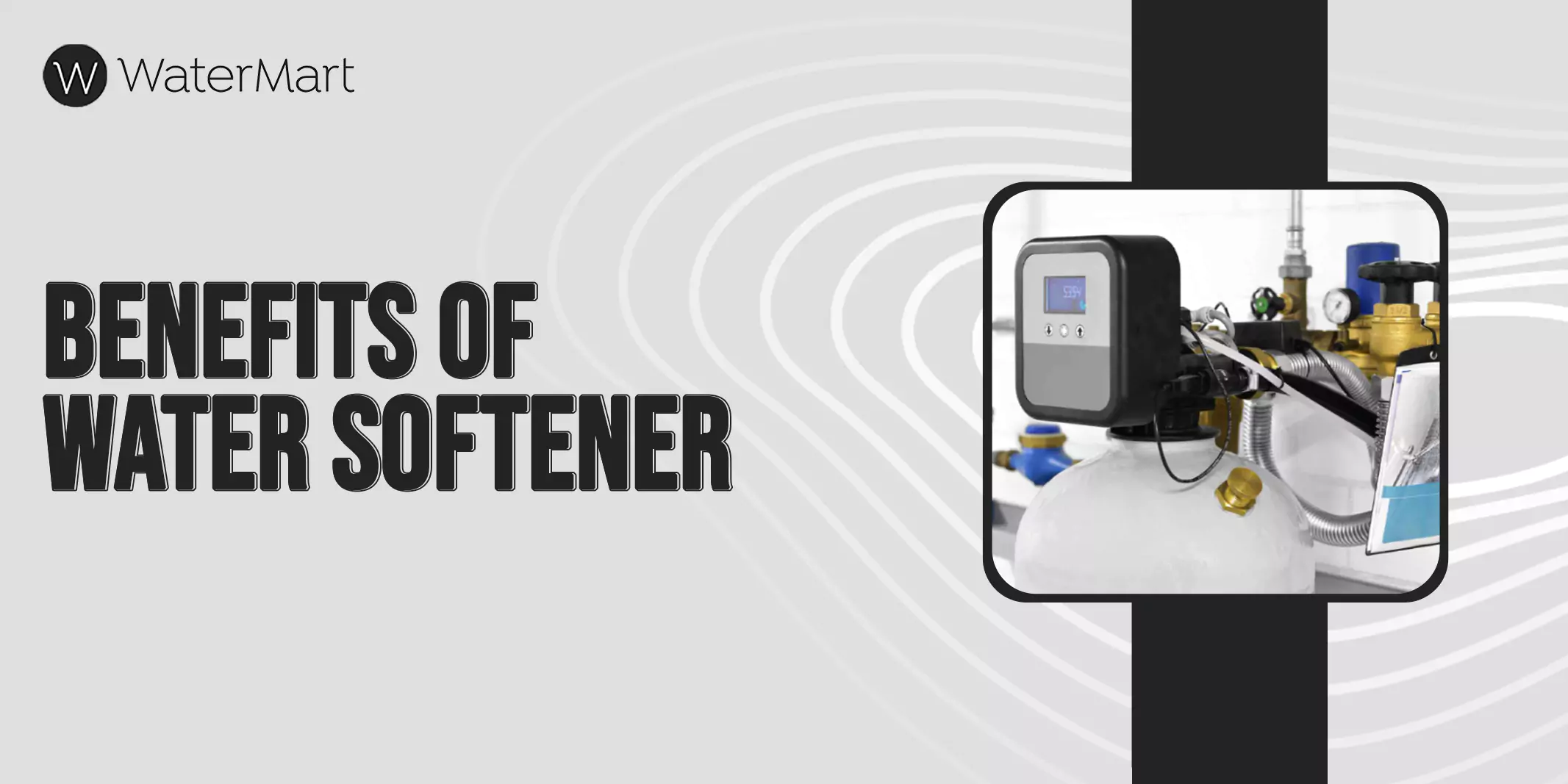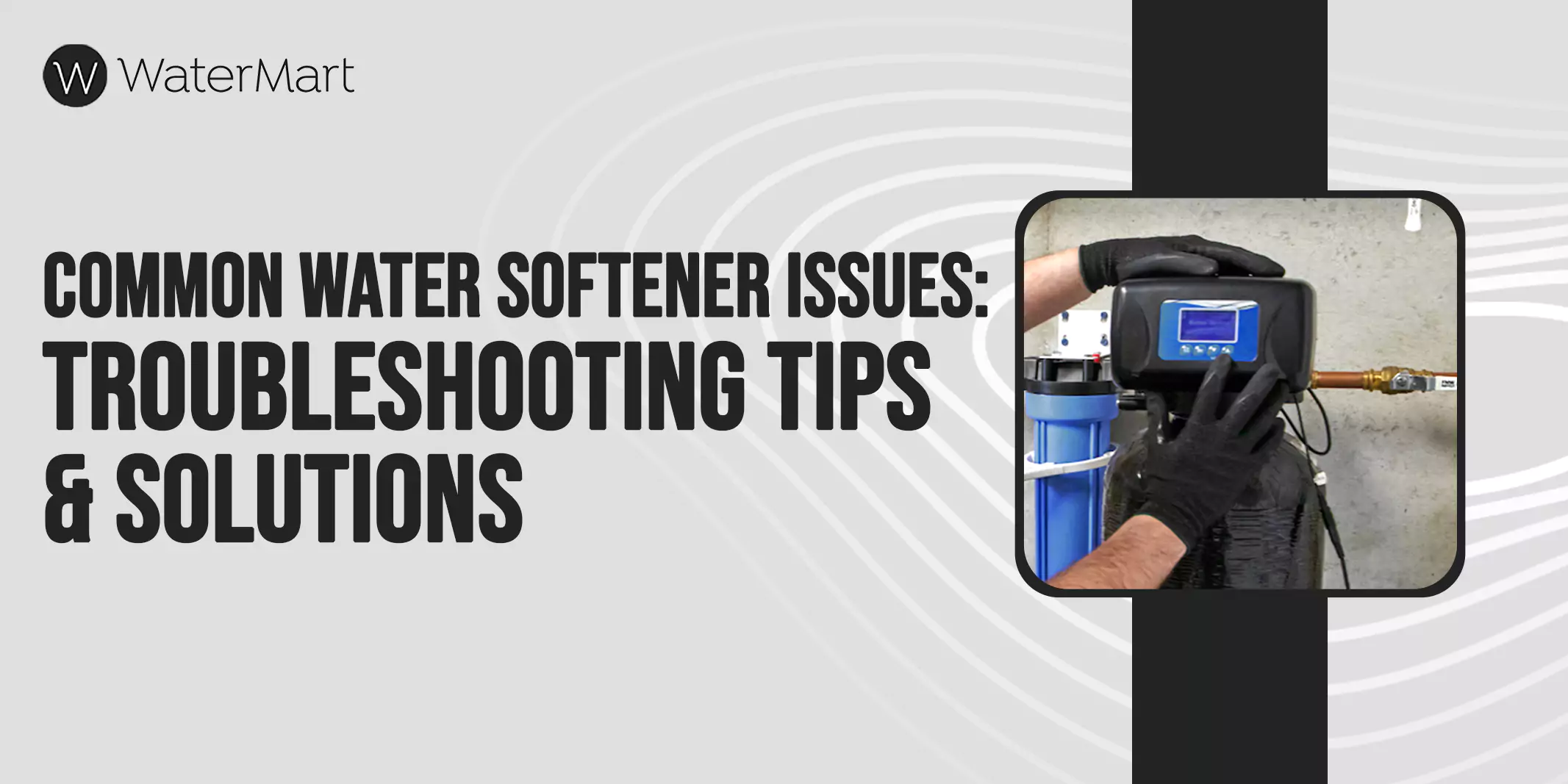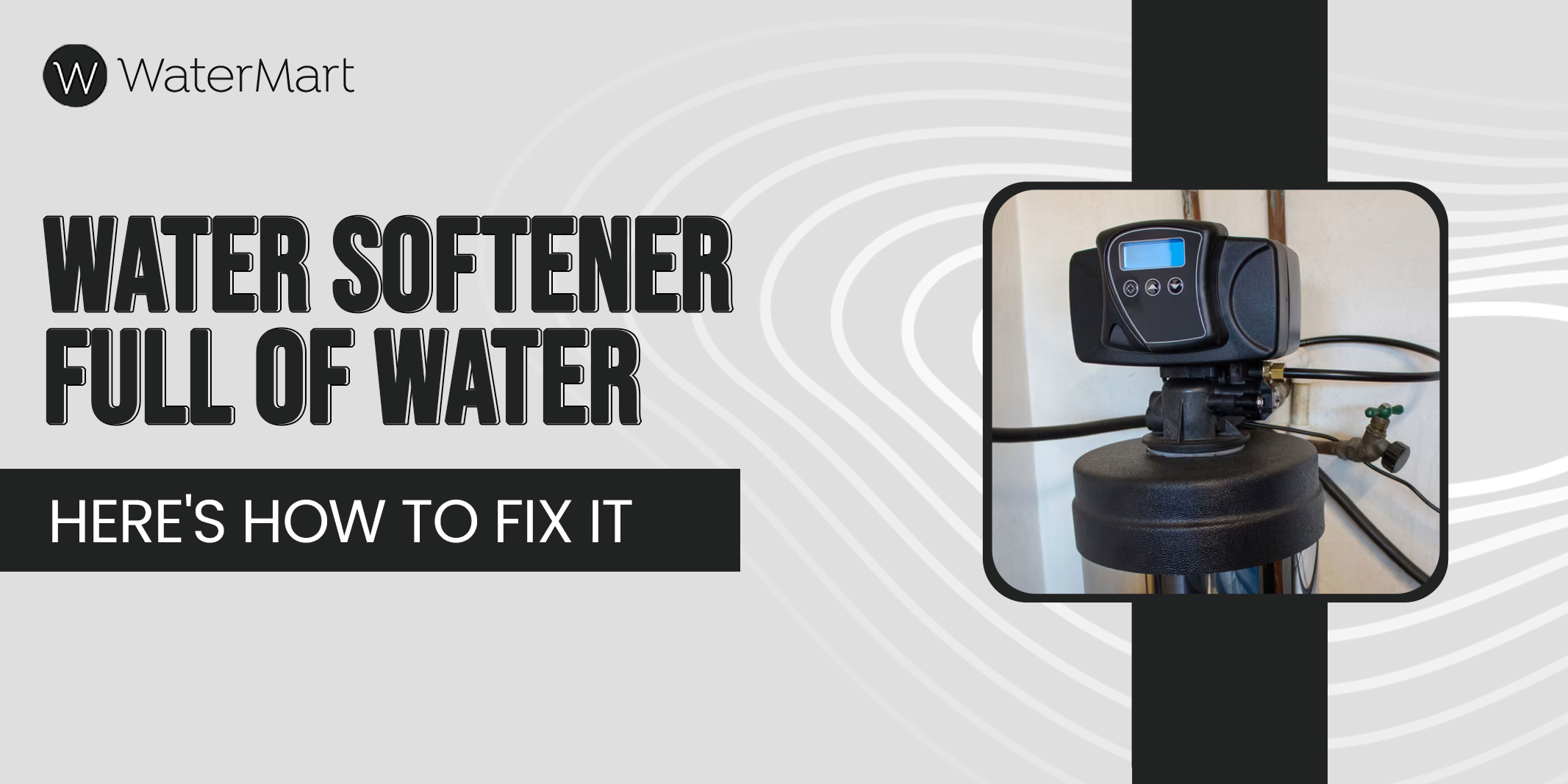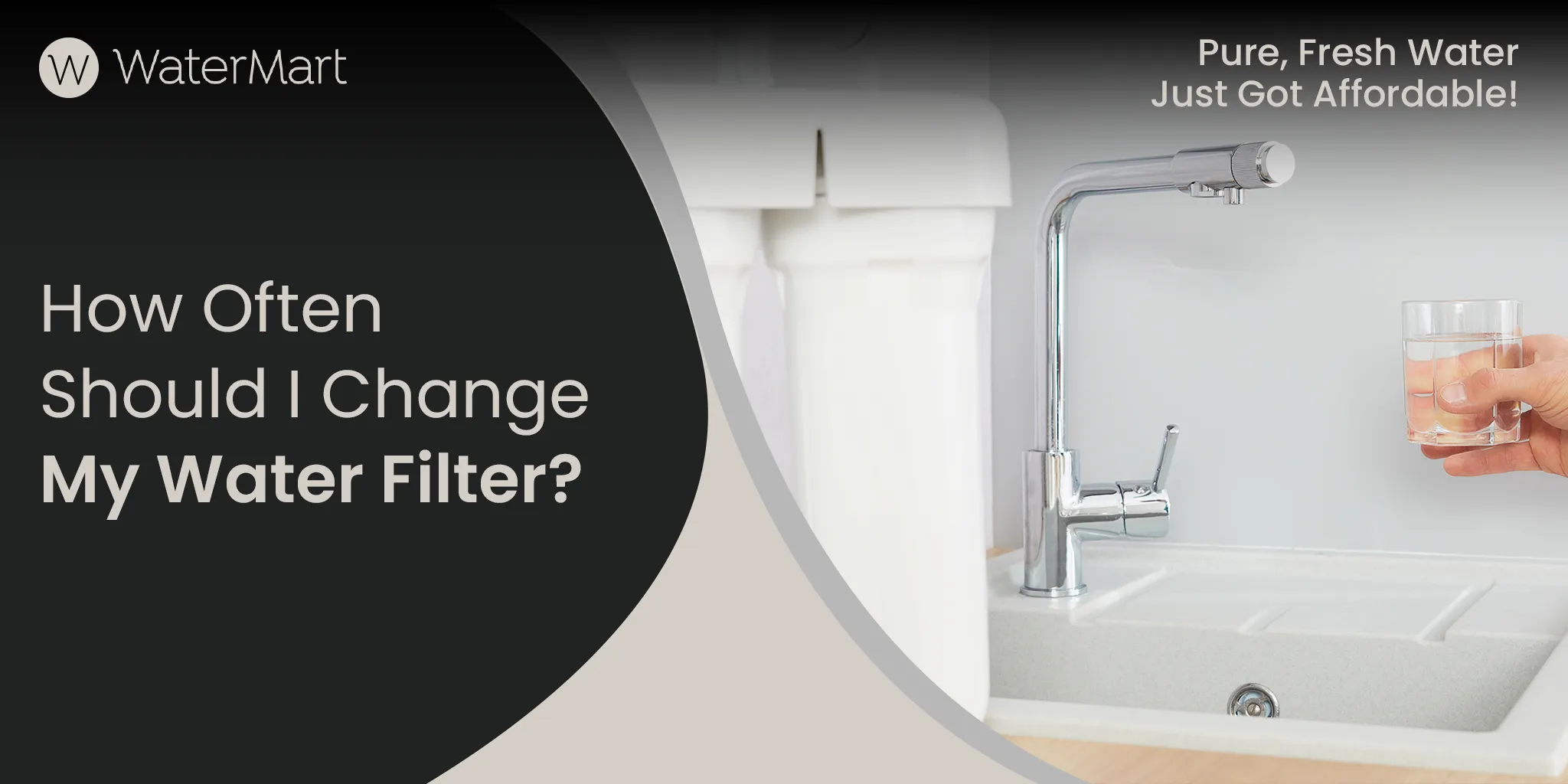Your cart is currently empty!
How To Choose A Water Softener System? A Complete Guide!
The common problems with water softener systems are leakage, brine tank overflow, smelly or discolored water, and low water pressure. You may also get salt bridges, flawed motors, clogs, resin beads in water, excessive salt, or salt bridges.
Canada’s harsh winter weather can’t bear such problems, where every repair costs an arm and a leg. What if we told you the right way of choosing a water softener system for homes to avoid all these issues, along with long-lasting systems with low maintenance requirements?
Before you make a purchase, knowing how to choose a water softener and its technical aspects can help you understand its life expectancy and maintenance needs. Want to know the details? Let’s discuss all the nitty-gritty.
Do I Need A Water Softener System in My House?
Let’s be straight, if you are facing hard water problems and your water is safe from other toxic substances like Arsenic, lead, and PFOS, you can opt for water softener systems.
Use the following checklist as a thumb rule to decide whether your water is hard or contains other impurities too.
- You get limescale pile-ups around plumbing fixtures, faucets, and showerheads
- You get irritation on the skin
- Dry and damaged hair
- Stained dishes
- Dryness over crockery even after washing
- Bubbleless soap and detergent
These are the common symptoms that you frequently observe when your water is hard. Before installing a softener system, take a sample of water and get it checked by a renowned laboratory.
If you are using water from natural resources, you need to know the water quality, hardness level, and impurities present. If you are using the Canadian government or any private resource, ask for a Water Quality Index report.
If your water hardness levels are high, you immediately need a home water softener to get hygienic water for kitchen and bathroom use to avoid any medical problems or hardware issues damaging your property.
Tips To Choose The Best Water Softening System?
Choosing the wrong water softener system may cause you financial burden and health hazards. Check the following parameters to get the right estimation of your water softener system, its capacity, and working.
Water Hardness Level
Water hardness level is the amount of calcium and magnesium in water. It is usually measured in Grains per gallon or GPG. The higher the hardness number, the greater the softening system required. In Canada, the hardness varies from location to location. In Toronto, the water hardness is 6 to 7 grains per gallon (GPG), while in Calgary it is 12 to 16 GPG on average. Knowing the hardness level decides the capacity and size of your water softener system.
Type of Water Softener
Get an estimate on what type of water softener is best for your needs. You must know the quality of water and the amount of water you need every day. Depending on your needs, you can choose among different water softeners like salt-based water softeners, salt-free water softeners, dual tank water softeners, magnetic water softeners, reverse osmosis water softeners, and shower head water softeners. Now, all these softeners cater to various needs.
At WaterMart, we offer a whole-home water softener system that can cater to normal household usage needs in Toronto. You can get different upgrades to these softener systems depending on the requirements and capacity. These softeners are self-cleaning systems and need low maintenance with longer life spans.
System Size and Capacity
After understanding the hardness level of your water, you can better choose a water softener system that has the size and capacity to remove this level of hard particles from your water. The more the material, the higher the system capacity should be, and vice versa. How to choose a water softening system size will depend on all these factors.
If a system is too small for your water needs, you will end up having less pressure or a lack of water, but having an oversized water softener system will end up wasting a lot of water, electricity, salt, and other resources.
At WaterMart, our experts help you know the water hardness levels, your water usage requirements, and the softener system that suits your needs.
Regeneration Process
In water softener systems, a resin bed is used that traps the hard minerals in it and filters out soft water for your use. Once the resin bed is clogged, it needs to be cleaned before it filters out and gives you soft water. A water softener system has several key parts that work together during the regeneration cycle. Components like the resin tank, control valve, brine tank, distributor tube, and resin beads remove hard minerals from water and keep the system working properly. Knowing how these parts of a water softener function helps homeowners pick the right system and prevent common problems like low pressure or poor softening. The resin beads are regenerated using the water softener salt and water. This process of coated resin bead cleaning is known as the water softener regeneration cycle. Use a filter system that has higher capacity and needs less regeneration time. You can put your system on regeneration at night when water is not in use.
Installation and Maintenance
Installation costs and maintenance costs are real. What if they exceed your budget and you end up wasting your money on unnecessary equipment? Choose the right company that offers installation and maintenance as well. Keep a calendar that helps you schedule your maintenance.
Water softener regular upkeeps include the addition of salt and cleaning brine solution tanks. In case any breakage, malfunctioning, or leakage occurs, the supplier’s warranty will help you have peace of mind and budget effectiveness.
Cost and Warranty
Don’t break the bank on your water softener systems, as we have cost-effective water solutions to meet your needs. Always choose an affordable water softener with a warranty. Our water softeners last long, need less maintenance, and offer a comprehensive warranty. You can get in touch to schedule your meeting anytime.
Certification and Standards
Never choose a system that does not come with any certification. Look for a non-profit private certification system, or water quality association certification, or NFS testing and certification.
Environmental Impact
Though you get soft water, you use quite a lot of salt and water to clean the resin bed as well. So, look for an efficient water softener that is designed to use less salt and water for cleaning. The salt used in every water softener system ends up added into lake water, rivers, roads, sidewalks, or walkways, which might pollute the environment. So, choosing an environmentally friendly water softener system is highly recommended.
Customer Reviews and Ratings
Choose a reputable company, like WaterMart Toronto, where we have served thousands of our clients with satisfactory reviews and testimonials. Get to know how previous clients feel about the services you are buying. This helps you avoid an unexpected inconvenience.
Benefits of a Water Softener System
The benefits of having a water softener system are unlimited, they save your health and wealth with the longevity of your life and appliances. Look at the following benefits you get from using water softener systems over ordinary filters.
High-Quality Drinking Water
You get high-quality and pure drinking water that helps you eliminate all the negative impacts of hard water.
Improved Health
Staying hydrated with healthy water helps you improve your health, and good digestion, and maintain gut health.
Extended System Lifespan
You get rid of all the problems that hard water causes to your appliances, faucets, shower heads, and plumbing fixtures. Your water heaters use less electricity, and they get rid of limescale pile-ups, resulting in longer lifespans.
Cost Savings
You save a heck lot of money in terms of the maintenance cost of your appliances, reduce your electricity bills, and have less usage of soap and detergents for laundry.
Environmental Benefits
You need less amount of water, detergents, and chemicals for laundry, bathroom cleaning, and dishwashing when you use soft water. It ultimately saves the environment and reduces the amount of water needed, resulting in saving water resources in a location.
Conclusion
Selection of a water softener system needs a thorough estimate and complete calculation of your water requirement, quality, or hardness level of water, size, and capacity of the softener system, regeneration process, and installation techniques.
If it is overwhelming for you, contact our experts at WaterMart and get a complete guideline that can help you understand how to choose a water softener system. Know your water needs and budget, we will help the rest to get you the right estimation, selection, installation services, and functioning of your water softener system.
FAQs:
How do I know which water softener to buy?
Estimate the water required for a day. If you need 300 gallons a day and the hardness of your water is 7, multiply both, 300×7 equals 2100 grains per day will be the capacity of your water softener.
How is the capacity of a softener measured?
The capacity of a water softener is measured in the number of grains( hard particles made up of calcium and magnesium) from the water required for use.
How do I measure my house’s water needs?
A person usually needs 80 gallons of water per day. Multiply it by the number of people in your house, and add a tolerance of 100 gallons, and your requirement will be measured.
